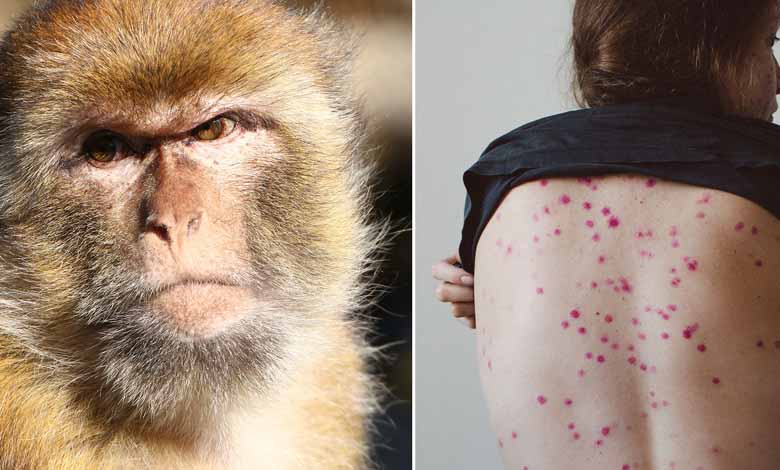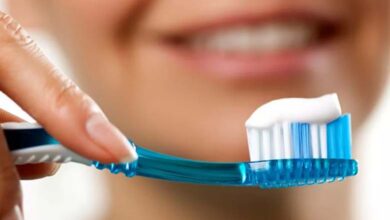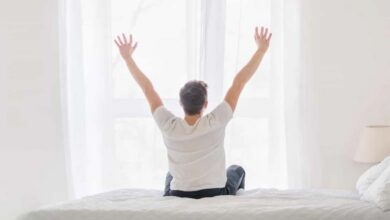Monkeypox – What to do in case of symptoms?

Monkeypox is an infectious disease usually transmitted to humans in forest areas of Central and West Africa by rodents or primates. However, human-to-human transmission is also possible. This can be done by direct contact with skin lesions s or mucous membranes of a sick person or by droplets. Sexual intercourse, with or without penetration, meets these conditions for contamination, and having several partners increases the risk of being exposed to the virus.
Since its appearance during the month of May, the European continent now has more than 4,500 cases of monkeypox on its territory. In France, 498 cases have been identified. Dr. Hans Kluge, Regional Director at the World Health Organization (WHO) in charge of Europe calls on European countries to “increase their efforts in the coming weeks to prevent monkeypox from taking hold in a larger geographical area ».
How do deal with the symptoms of monkeypox?
You should know that the infection can be divided into two periods with different symptoms. During the first, invasive period, the patient develops fever, headache, chills, muscle aches and swollen glands in the neck, nape of the neck and around the ears. During the second, eruptive period, the body may be affected by skin lesions, particularly on the palms and soles of the feet, the face and the scalp. The scabs disappear within two to four weeks.
As soon as flu-like symptoms appear (first period) self-isolation is recommended. If then pimples start to appear, it is possible that the patient is affected by monkeypox, it is then necessary to consult
The ARS indicates that during isolation, the patient should wear a surgical mask and have no physical contact with other people. For this, it is necessary to maintain isolation with other people in the home.
It is also advisable to ventilate the rooms regularly and avoid sharing objects with other people. It is also essential to regularly clean and disinfect the rooms and objects used by the patient. Moreover, the High Council for Public Health (HCSP) recommends that contact persons at risk of a serious form do not stay in the same home during isolation.
Finally, it is recommended to abstain from sexual intercourse until 21 days after the onset of symptoms. At the end of isolation: careful cleaning of the home must be carried out.












